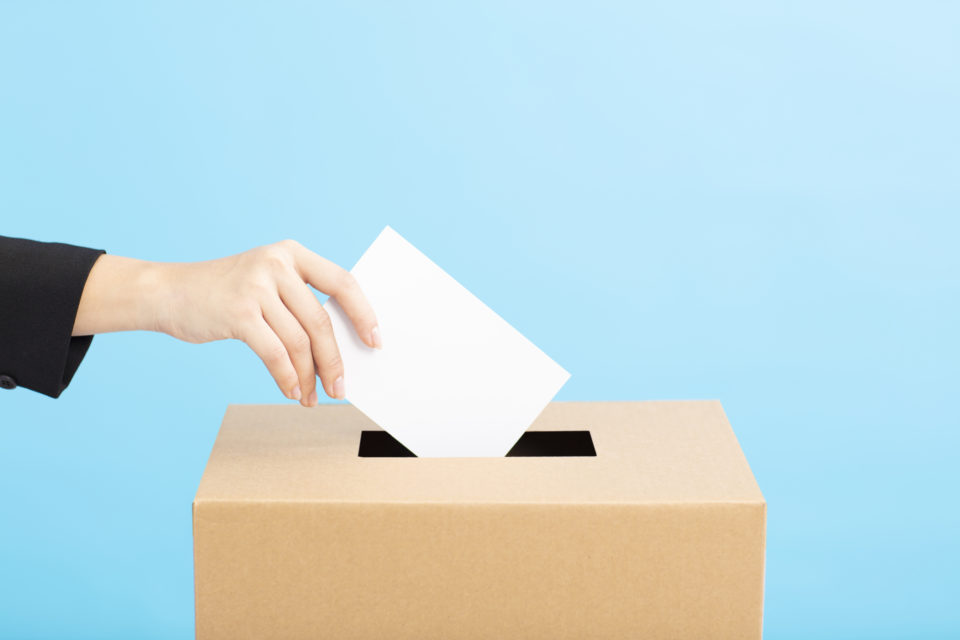By Dr Jean Drage, local government sector expert.
Time is running out for councils to finalise their approach to this year’s local elections on 8 October. My hope is that they are planning a greater role in promoting this election for mayor, councillors and, in some cases, community board members.
Thankfully an amendment in 2019 to the Local Government Act 2002 now specifically requires council chief executives to ‘facilitate and foster participation’ in local elections so voters can expect to see a great deal more activity that ensures they have both information about the election and the candidates standing. A further hope is that councils are working on ways to enable candidates to get their profiles out there.
Local councils just don’t do enough to promote local elections. In fact, three quarters of all councils contract the election process out to private firms so take a very hands-off approach here. Any further council involvement is based on 78 different approaches so what voters get depends on where they live and how risk-averse their local council is.
But the difference between the formal running of an election process and actively engaging registered voters in this process is huge. This difference is shown in Conomos and Hughes’ 2017 research into the impact of council campaigns in some states in Australia, Canada, England and Scotland. This study found a distinct contrast between providing information on an election and the campaigns that actively engage voters in the democratic process.
New Zealand’s most recent council elections in 2019 saw a few council chief executives, newly charged with increasing the vote, take some quite innovative steps to engage voters. A stand-out example was in Hamilton city which had a ‘Shape your city’ campaign; a candidate café where voters could meet candidates whilst getting a coffee; a council-funded mayoral debate (that was also livestreamed) to ensure voters knew who the candidates were and a very vocal chief executive who challenged other councils to a ‘vote-off’. The result? A five percent increase in voter turnout.
Local councils just don’t do enough to promote local elections. In fact, three quarters of all councils contract the election process out to private firms so take a very hands-off approach here.
The Hurunui district is another example of a council that actively engaged voters in the 2019 election. A vacancy for mayor plus a representation review that had changed several ward boundaries saw the electoral officer actively run well-attended community meetings across the whole district to provide an opportunity for them all to meet the three women who were standing for mayor and to ensure voters knew which ward they would be voting in.
As a result, voter turnout increased by more than 10 percent. While a hotly contested mayoral contest might heighten local interest, it is clear that engaging voters in this way has an effect.
There have been a few other initiatives but it is clear that it is not hard to facilitate and foster participation.
Voters should not have to rely on hunting for information in order to cast their votes. Instead, councils should be working now to plan for voters to actively participate in the lead up to elections and to vote. This happens through opportunities to interact with candidates and to participate in debates on local issues.
Councils also need innovative campaigns that target specific groups identified as being less likely to vote or are new to voting. As demonstrated in the 2016 local elections in Auckland, a ‘Love Auckland’ campaign targeted at younger voters increased turnout among voters aged between 18 and 34 years by 17 percent.
Underlying the Electoral Act 2001 are the principles of fair and effective representation, equal opportunity to vote and stand as a candidate, and public understanding of local electoral processes. It is essential that these principles are implemented through both information and active campaigns by local councils.
A well-run democratic process around local elections needs much more that good administration of the logistics of an electoral process. It needs an effective campaign by local councils that aims to get voters actively involved. LG



